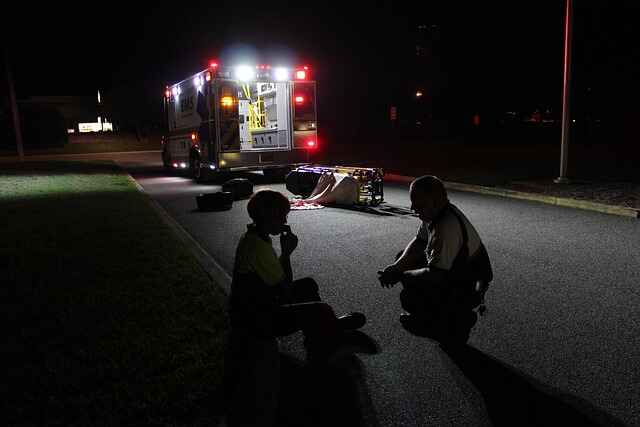We all have a responsibility to look out for the people in our communities, including those who have served in the military. Unfortunately, veterans are at an increased risk of suicide due to the trauma they may have experienced while in service. If you know a veteran who is experiencing suicidal ideations, it is important to take action and provide them with help. Let’s explore how we can do this.
The Challenges Facing Veterans
Veterans often face significant challenges when transitioning back into civilian life. They may struggle with finding a job or readjusting to family life after being away for extended periods of time. Additionally, veterans are more likely than civilians to experience PTSD due to their exposure to combat-related trauma.
PTSD can manifest in many ways, including nightmares, flashbacks, difficulty sleeping, irritability, and avoidance of activities or places that are reminders of traumatic events. As a result of these mental health issues and other factors related to reintegration into civilian life, veterans have higher rates of suicide and substance use disorders than civilians.
Also Read: Creating a 12-Step Program that Works for Addiction Recovery or Mental Health Disorder
Recognizing Signs of Suicide Risk
The first step towards helping someone who may be suicidal is recognizing any signs or warning signs indicating they are considering taking their own life. These signs can include talking about wanting to die or feeling hopeless, expressing guilt or shame, isolating themselves from family and friends, acting recklessly, increasing their drug or alcohol use, and displaying sudden mood swings.
It’s important to remember that these signs can manifest differently depending on the individual, so being aware of changes in behavior can be very helpful when trying to intervene.
Speaking Up and Taking Action
If you notice any changes in behavior that cause concern, it’s time to speak up and take action. It can be difficult to confront a loved one about something as serious as suicide, but it could save their life. When speaking with a veteran who may be considering suicide, it is important not to judge them or tell them what they should do; instead, try your best to listen and show understanding.
It’s also important not to promise secrecy; if you believe they need help, professionals may need to get involved. But ultimately, make sure they know that you are there for them no matter what happens next.
Getting Professional Help for Suicidal Veterans
It is paramount that veterans get professional help if needed, so here are some resources available for veterans who are feeling suicidal:
- The National Suicide Prevention Lifeline (1-800-273-8255) offers free confidential phone counseling 24/7;
- The Department of Veterans Affairs has online mental health services available;
- Military One Source provides online counseling services as well as access to counselors over the phone (800–342–9647);
- Make The Connection provides resources such as peer support networks and referrals;
- Vet2Vet offers anonymous web chat support from other veterans;
- Wounded Warrior Project has programs designed specifically for warriors dealing with PTSD and depression;
- Give An Hour has free mental health counseling services from volunteer clinicians across the US.
Suicide prevention should always be taken seriously—especially for our nation’s veterans who have bravely and selflessly served our country. Understanding the warning signs of suicide risk can help us identify when a veteran needs assistance so we can connect them with appropriate resources quickly and effectively.
By knowing where to find help, reaching out for support when needed, and educating ourselves on the issue of suicide among veterans, we can do our part to ensure that our brave heroes receive the care they deserve both during their service and after their return home from active duty.
Also Read: Why ignoring the mental health needs of young Syrian refugees could harm us all


